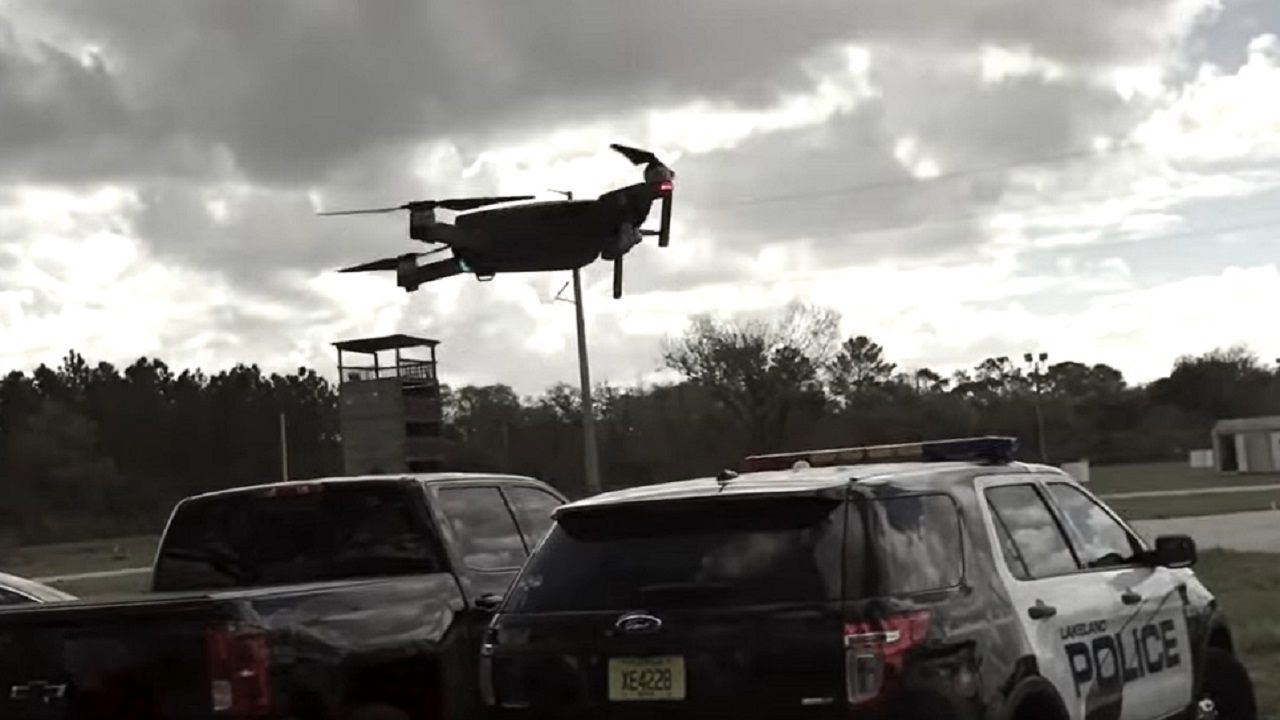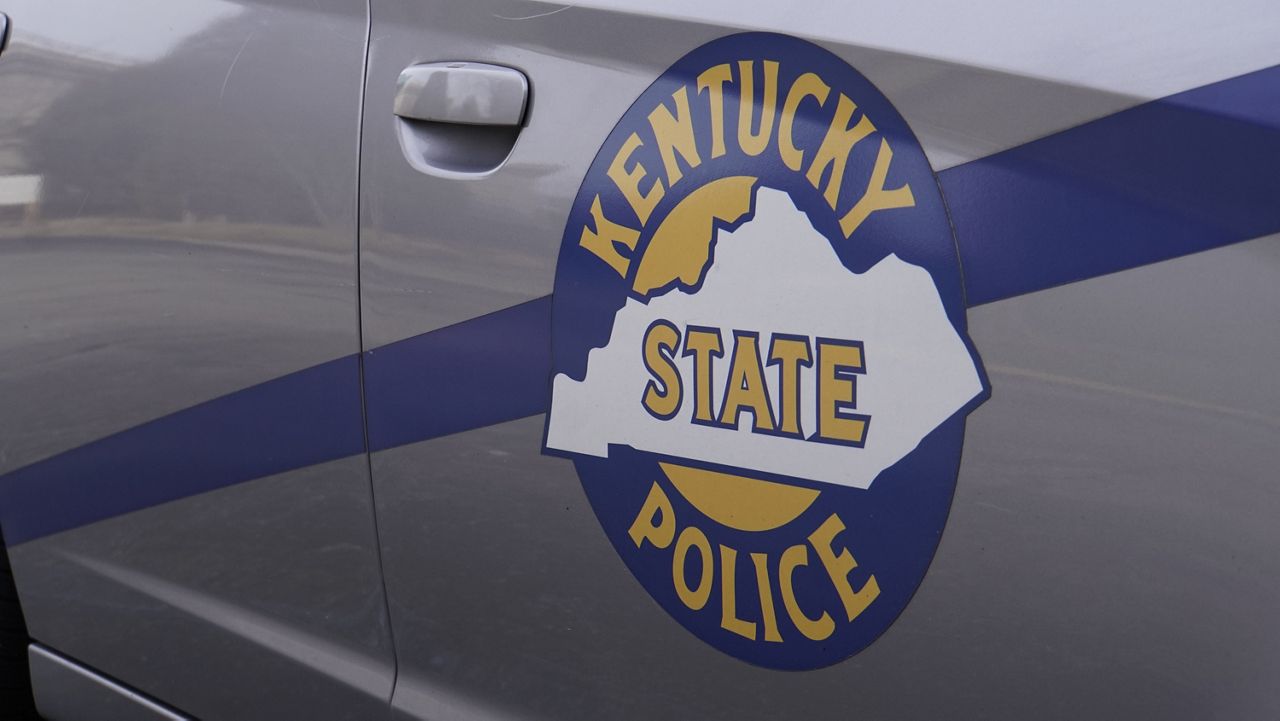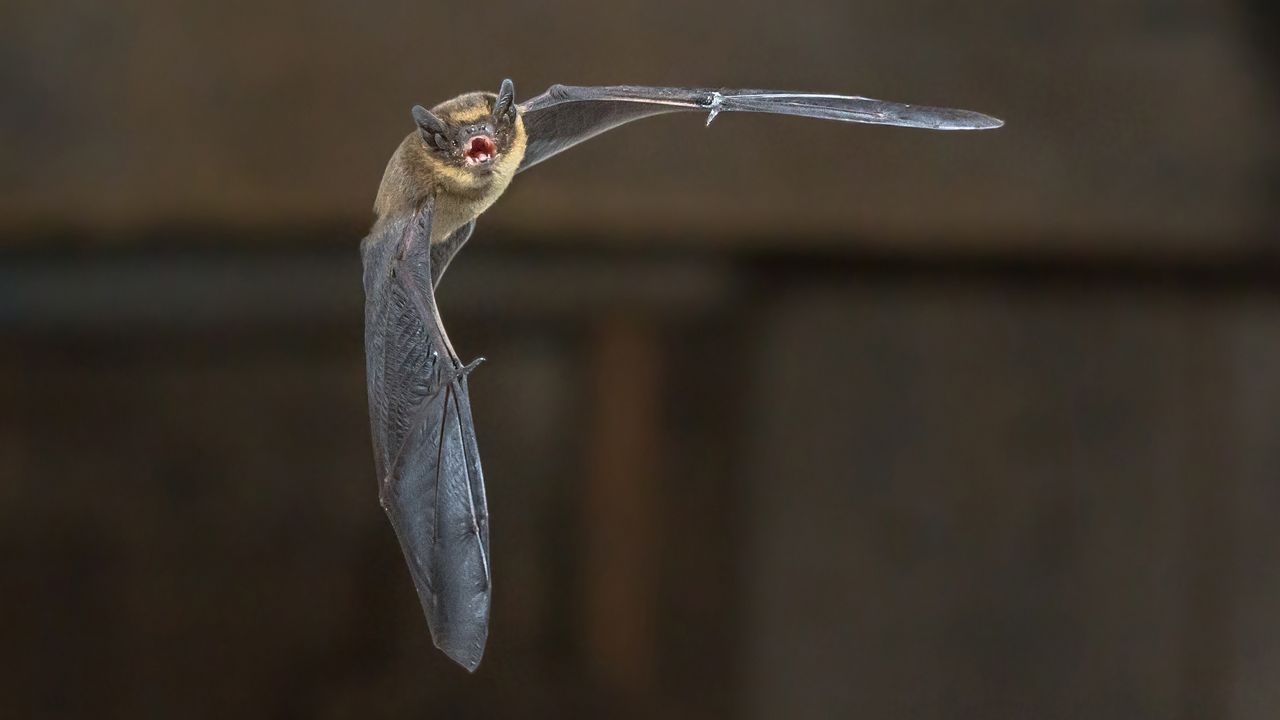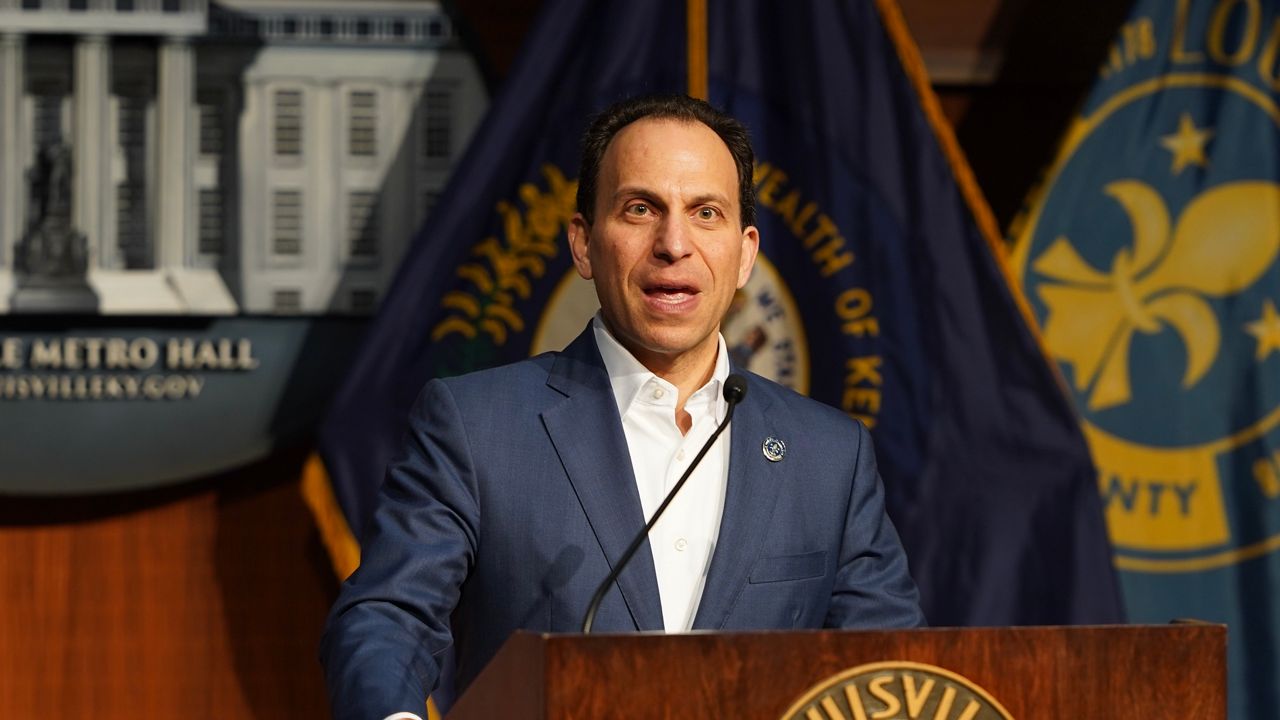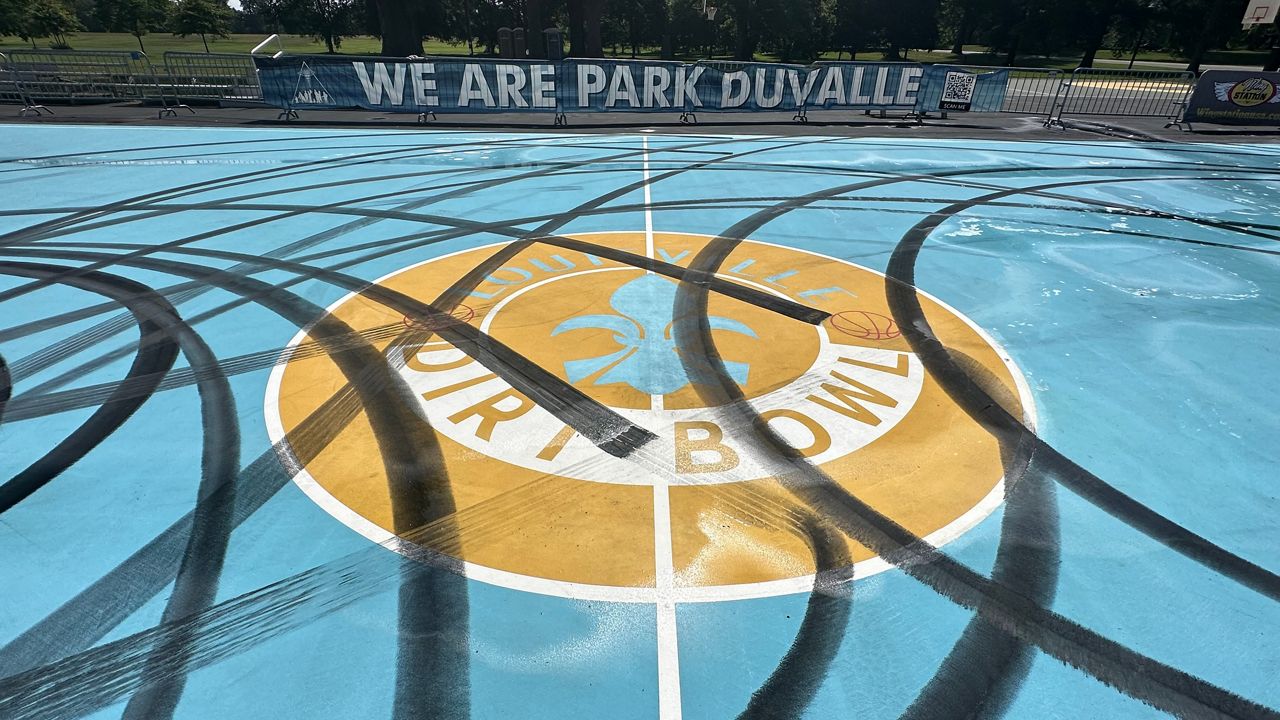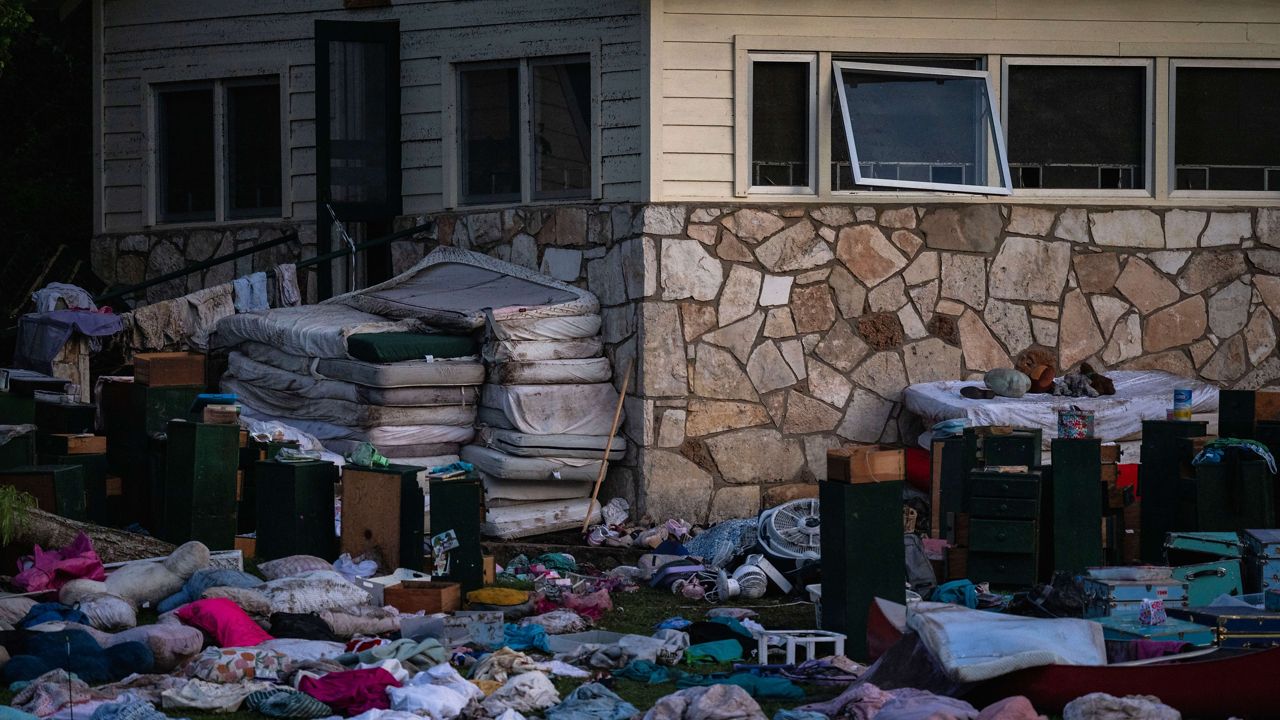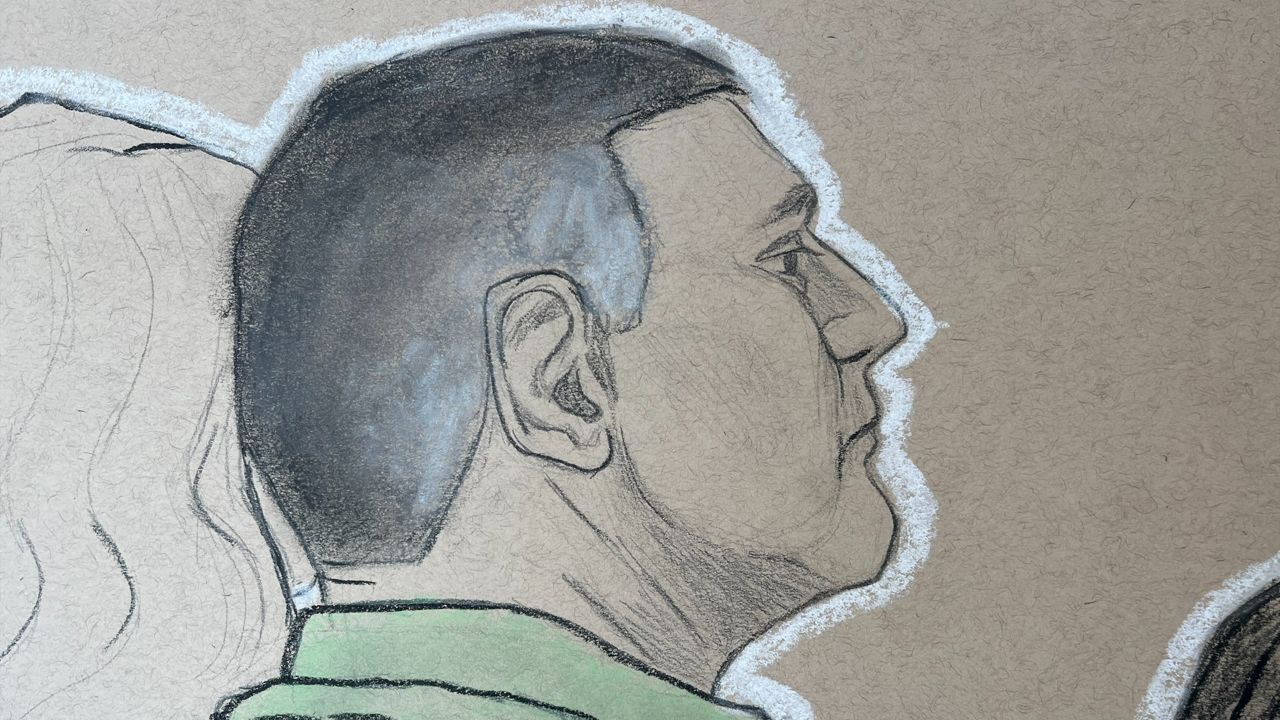LOUISVILLE, Ky. — Louisville Metro Council has approved the budget for the cutting-edge Drone as First Responder program. The plan calls for drones to deploy to emergencies providing crews with real-time video and other information before on-the-ground crews arrive at situations. The one-year proposed budget for the DFR program is just over $1 million.
Currently, all Louisville public safety agencies use drones during emergencies, but they have to be called first.
The new program will allow pilots to take off as soon as the call comes in, resulting in faster response times.
“DFR gives us eyes on the scene in seconds—not minutes, providing safer outcomes for first responders and our community.” Mayor Craig Greenberg, D-Louisville said. “While other cities have invested in DFR programs, Louisville Metro is one of the first nationwide to operate the program with collaboration between multiple agencies under the unified umbrella of Louisville Metro Emergency Services, furthering our community goal of One Metro.”
With budge approval, Louisville Emergency Service will renovate a new Remote Operations Center at MetroSafe for thr Tactical Flight Operators. Metro Louisville said having MetroSafe as a home base will ensure TFOs can hear dispatch radion traffic in real-time “creating a simultaneous response.”
“Using drones transforms emergency response from reactive to proactive,” said Jody Meiman, Louisville Metro Emergency Services Executive Director. “By using drone technology, we’re not just responding faster—we’re giving our teams the tools to be better informed to make smarter, safer decisions for everyone.”
This new program will make certain that both police and fire benefit from the aerial intelligence—enhancing coordination and awareness during critical incidents for all first responders.
“The DFR program will give our officers a real-time assessment of what’s unfolding as it happens—before they even arrive,” said LMPD Chief Paul Humphrey. “That means safer outcomes and a faster, more strategic response to catch criminals in the act. No other city is taking this approach, and it’s a testament to the strength of our partnerships. It’s a powerful new way to serve and protect our community.”
The drones will operate under Federal Aviation Administration regulations. The drones will be launched by TFOs from docking stations initially at eight area firehouses. The city plans to increase the number of docking stations to twenty over the next six years, according to a press release from the mayor’s office.
“When our firefighters arrive on an emergency scene, they conduct a rapid size up and start making tactical decisions to mitigate the event as safely and quickly as possible,” said Louisville Fire Department Chief Brian O’Neill. “The DFR program will allow that size up to occur well before we arrive on the scene, leading to better decisions and better outcomes.”
Louisville Metro believes, based on historical data, the DFR program will be used for approximately 26,000 calls each year. The city said the drones will respond to various calls including car crashes, missing persons, shots fired, water rescues, structure fires and collapses. The city also said TFOs will have the discretion to launch drones to other calls they feel are necessary.
Louisville Metro hopes to launch the DFR program in early 2026.
Deborah Harbsmeier - Executive Producer, Digital
Deborah Harbsmeier is the executive producer of digital content for Spectrum News 1 Kentucky. The award-winning producer has been in television news for more than 30 years.





